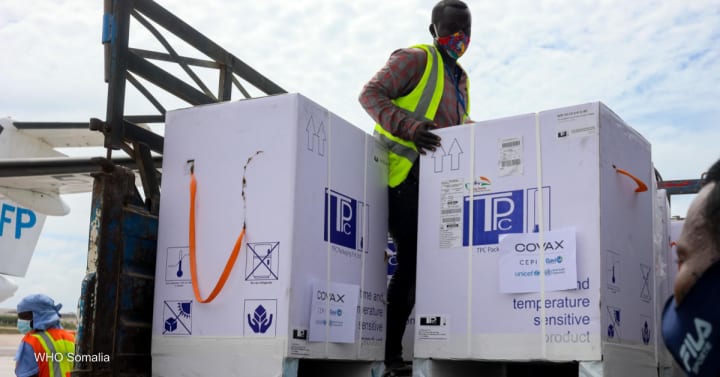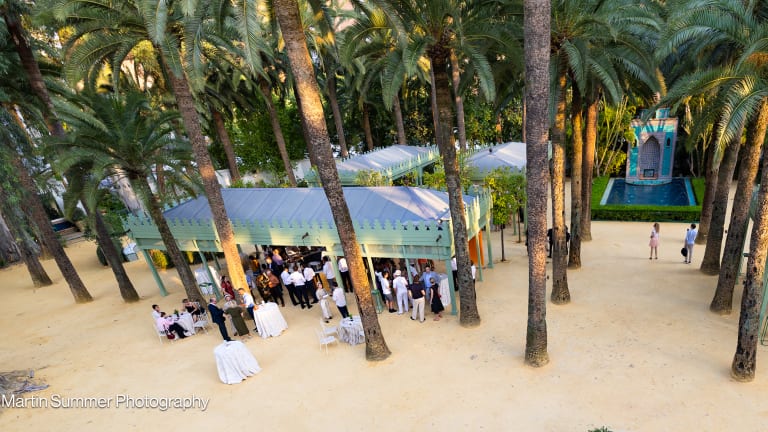
The World Bank launched a new financing mechanism on Monday designed to smoothen the purchase of COVID-19 vaccines through COVAX and get more doses to lower-income countries.
Countries wanting to purchase vaccines through the COVAX advance market commitment cost-sharing system via Gavi, the Vaccine Alliance, which is meant to blend donor funds with the government’s own finances, were facing problems, including with regards to guaranteeing their own payments.
Sign up for Devex CheckUp
The must-read weekly newsletter for exclusive global health news and insider insights.
The bank will now help clear this hurdle by providing confirmation for payment on behalf of dozens of countries, enabling more bulk purchases at a lower cost.
“This mechanism will enable new supplies and allow countries to speed up the purchase of vaccines. It will also provide transparency about vaccine availability, prices, and delivery schedules,” World Bank President David Malpass said in a statement.
How it works: About 50 countries participating in the World Bank’s $20 billion fund for the global vaccine rollout will be able to get the bank’s payment confirmation.
COVAX has already delivered nearly 150 million doses to 137 countries, with 92 nations qualifying for subsidized jabs, but the number is far short of what is needed to fight the pandemic. Many low-income countries have vaccination rates in the single digits. COVAX was set up to provide doses for at least 20% of countries’ populations.
What is needed: An estimated 11 billion doses will be needed to vaccinate 70% of the population by the time the G-7 meets again in 2022. COVAX is aiming to deliver 2 billion doses this year and 1.8 billion next year. The facility has faced a slow rollout, in part after the Indian government restricted the export of vaccines in March.





